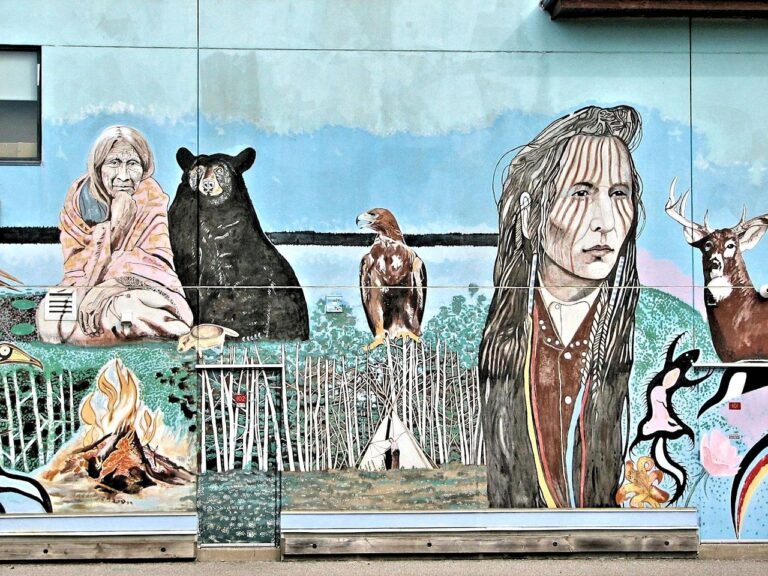Election Campaigning and the Rise of Digital Organizing
Over the years, political campaigns have experienced significant transformations in their strategies and methods. Traditional modes of campaigning, such as door-to-door canvassing and mass mailings, have been complemented and often replaced by more technologically advanced approaches. The advent of television and radio advertising in the mid-20th century revolutionized the way candidates could reach a wider audience, shaping the landscape of modern political campaigns.
Moreover, the rise of digital communication platforms in the 21st century has further revolutionized political campaigning. Candidates now harness the power of social media to engage with voters directly, bypassing traditional media gatekeepers and enabling real-time interaction. This shift towards digital campaigning has not only altered the way politicians communicate their messages but has also transformed how constituents participate in the political process, making campaigns more interactive and accessible than ever before.
The Impact of Social Media on Election Campaigning
In the contemporary political landscape, the impact of social media on election campaigning cannot be overstated. Social media platforms provide a direct and immediate channel for candidates to communicate with voters, share their message, and mobilize support. The ability to reach millions of potential voters in real-time has revolutionized the way political campaigns are conducted, allowing for greater reach and engagement than traditional methods.
Moreover, social media has empowered voters to actively participate in the political process by engaging in discussions, sharing information, and organizing grassroots movements. Through social media, individuals can voice their opinions, connect with like-minded individuals, and mobilize for causes they believe in. This level of engagement and interconnectedness has transformed the dynamics of election campaigning, giving rise to a more democratized and inclusive political discourse.
Digital Tools for Political Organizing
In the realm of political organizing, digital tools have become essential for campaigns to reach and mobilize supporters. From email marketing platforms to social media management tools, these technologies have revolutionized the way political campaigns engage with the public. By harnessing the power of big data analytics, campaign organizers can now tailor their messaging to specific demographics, increasing the effectiveness of their outreach efforts.
Moreover, digital tools have enabled political campaigns to organize events and rallies with greater efficiency. Platforms such as Eventbrite and Mobilize allow organizers to easily create and promote events, track RSVPs, and communicate with attendees. This streamlined approach to event planning not only saves time and resources but also helps campaigns foster a sense of community among their supporters.
– Eventbrite and Mobilize are popular platforms for organizing events and rallies
– Organizers can easily create, promote, and track RSVPs for events using these tools
– Communication with attendees is made simple through digital event planning platforms
– Streamlined approach to event planning saves time and resources for political campaigns
What are some examples of digital tools used for political organizing?
Some examples of digital tools for political organizing include social media platforms like Facebook and Twitter, email marketing software, online fundraising platforms like ActBlue, and voter engagement tools like MiniVAN.
How has social media impacted election campaigning?
Social media has significantly impacted election campaigning by allowing candidates to reach a wider audience, engage directly with voters, and mobilize supporters more effectively. It has also made it easier for grassroots movements to organize and promote their causes.
How have political campaigns evolved over time?
Political campaigns have evolved from traditional methods like door-to-door canvassing and TV ads to more digital-focused strategies. Candidates now rely heavily on data analytics, targeted advertising, and online fundraising to connect with voters and mobilize support.







